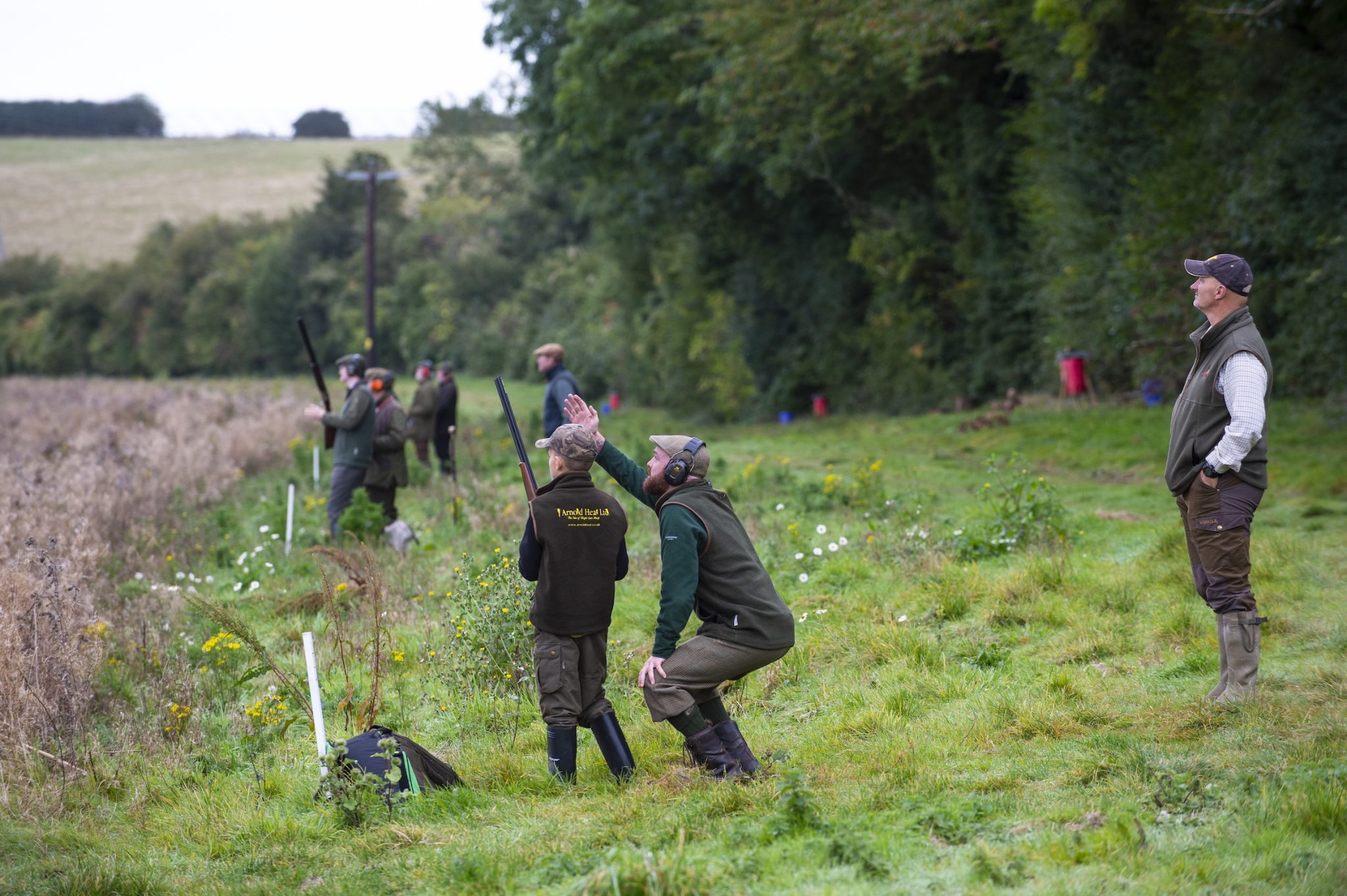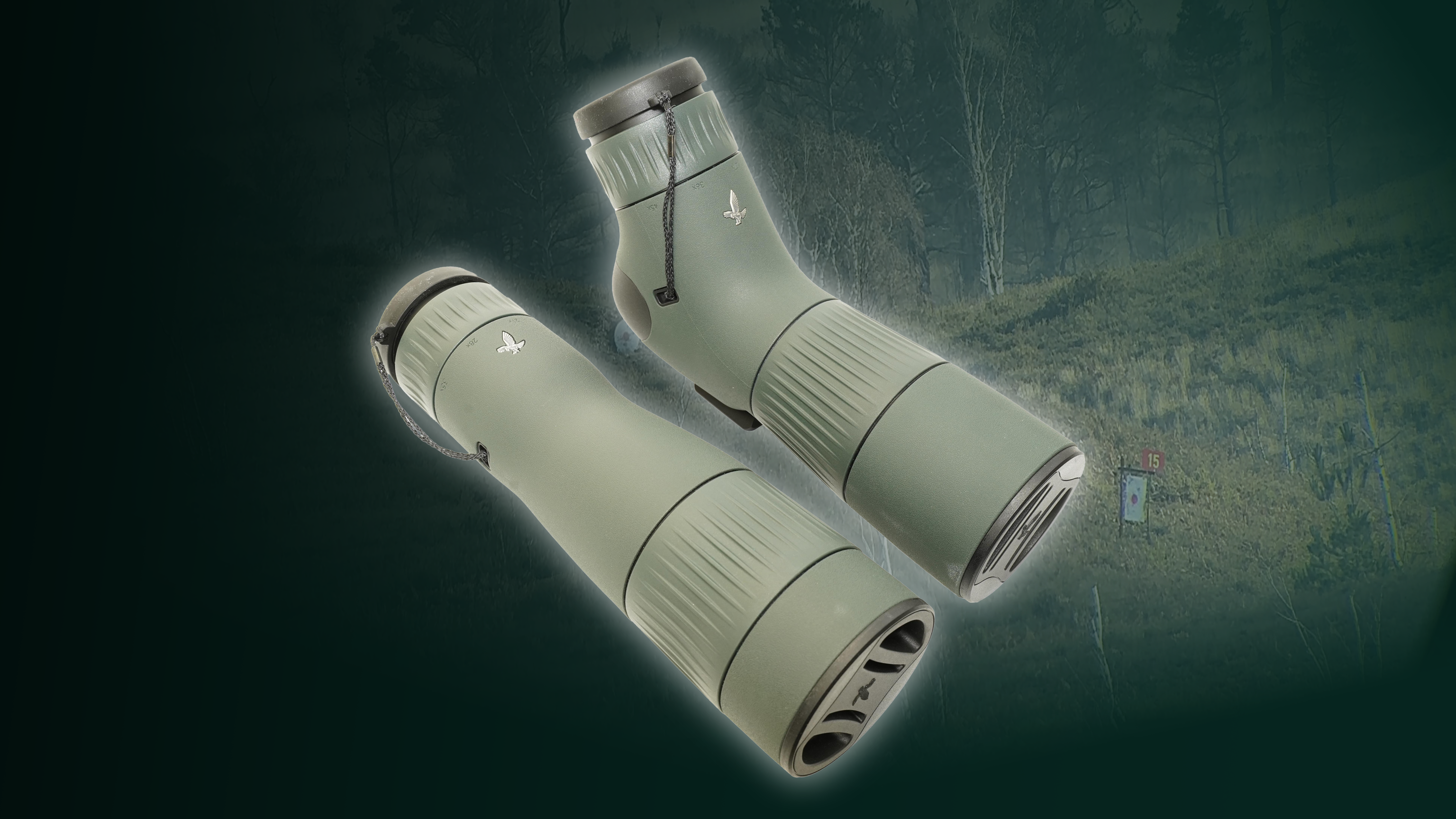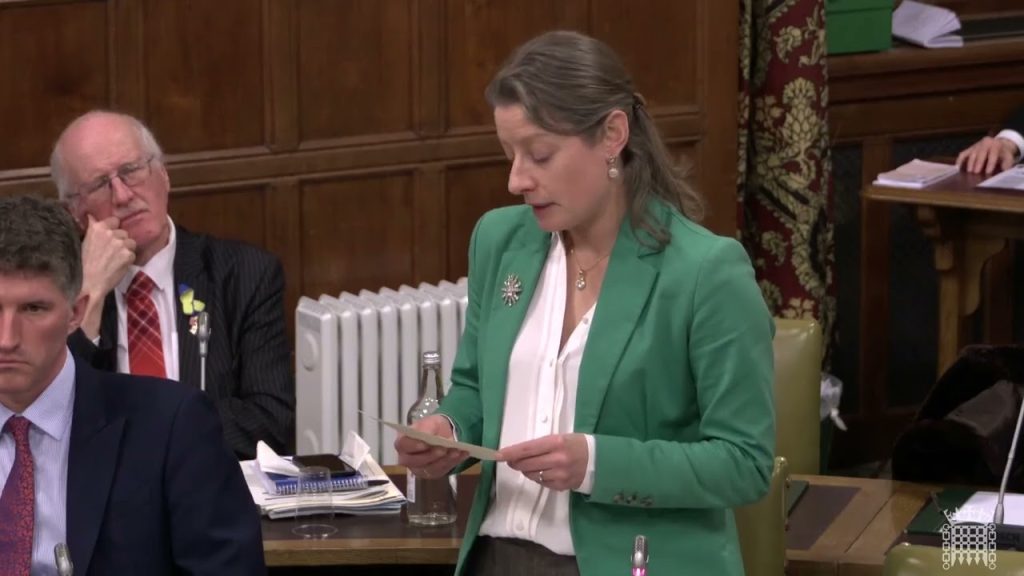The countdown is on for The British Shooting Show – book tickets online today and save on gate price!
Call to license grouse moors
Keepers reject proposal to introduce licences

The Scottish Gamekeepers Association (SGA) and Scottish Land & Estates (SLE) have reacted against calls for the introduction of a licensing system for grouse shooting in Scotland to discourage the illegal persecution of birds of prey. They say that such measures would serve no purpose and could even have a negative effect on raptors.
The proposal for licensing came in a letter from the Scottish Raptor Study Group (SRSG), which wrote to the Scottish Environment Minister Paul Wheelhouse. Referring to raptor prosecution, it said: “The maverick side of the red grouse industry has failed over many years to put its house in order; it still has no intention of doing so and it is in contempt of the species protection laws that are justifiably in place.”
The SRSG, which is made up of 300 volunteers across Scotland, urged the adoption of a system that would apply to both driven and walked-up red grouse shooting and also to the shooting and management of what it describes as “red grouse extras” such as red-legged partridges.The proposals recommend that a shoot and those involved would lose its licence to operate for up to two years if illegal raptor persecution was found to have taken place on its ground.
The SGA disagreed with the recommendations and said that, if adopted, they would harm not only Scotland’s rural economy but also the birds they set out to protect.
An SGA spokesman said: “The SGA finds it short-sighted that the SRSG, whose sole focus is raptors, should be advocating a broad brush licensing of grouse moors. Perpetual overregulation against responsible estates will simply put people off from investing in Scotland’s countryside, gamekeepers will be taken off the moors and the species which help sustain golden eagles, such as red grouse and hares, will gradually disappear in tandem with the lack of management. The examples of this are many and stark and, indeed, the first Langholm Moor project is a pertinent example of what happens to wildlife, including raptors, when gamekeepers are removed.”
He said the move to license all grouse moors in such a broad fashion will unwittingly damage golden eagles.
He added: “The SGA consistently advocates that legal solutions are the only way to deal with problems where there are conflicts and has been quick to deal with proven cases of persecution, if its own members are involved.
“However, it does not feel that introducing a sweeping catch-all licensing system, which will ultimately damage the very species it is designed to protect, is a sensible solution. The phrase ‘throwing the baby out with the bathwater’ would seem appropriate, especially when you consider also that the majority of the 66 eagle chicks exported to Ireland for their reintroduction programme — something the raptor group failed to mention — were taken from keepered uplands.”
The SLE voiced similar sentiments along with concerns that the measures proposed were out of proportion to the problem and would not allow time for the current legislation to take effect: “Little more than a year ago, the Scottish Government introduced radical legislation to deal with any illegal persecution of bird species.
There is no real basis for this to be revisited so soon and the introduction of a licensing system for red grouse management could only serve to damage and undermine a business sector that is very important to rural communities. There has been clear evidence from official statistics that raptor persecution is in significant decline and given this trend such draconian measures as a licensing system would serve no purpose.”
Speaking to BBC Scotland, the Environment Minister Paul Wheelhouse said that he would not dismiss the idea of a licensing system altogether, but it was something to be considered at a future time if and when the current legislation, which was strengthened as recently as summer 2013, proved unsuitable.
Related Articles
Get the latest news delivered direct to your door
Subscribe to Shooting Times & Country
Discover the ultimate companion for field sports enthusiasts with Shooting Times & Country Magazine, the UK’s leading weekly publication that has been at the forefront of shooting culture since 1882. Subscribers gain access to expert tips, comprehensive gear reviews, seasonal advice and a vibrant community of like-minded shooters.
Save on shop price when you subscribe with weekly issues featuring in-depth articles on gundog training, exclusive member offers and access to the digital back issue library. A Shooting Times & Country subscription is more than a magazine, don’t just read about the countryside; immerse yourself in its most authoritative and engaging publication.







